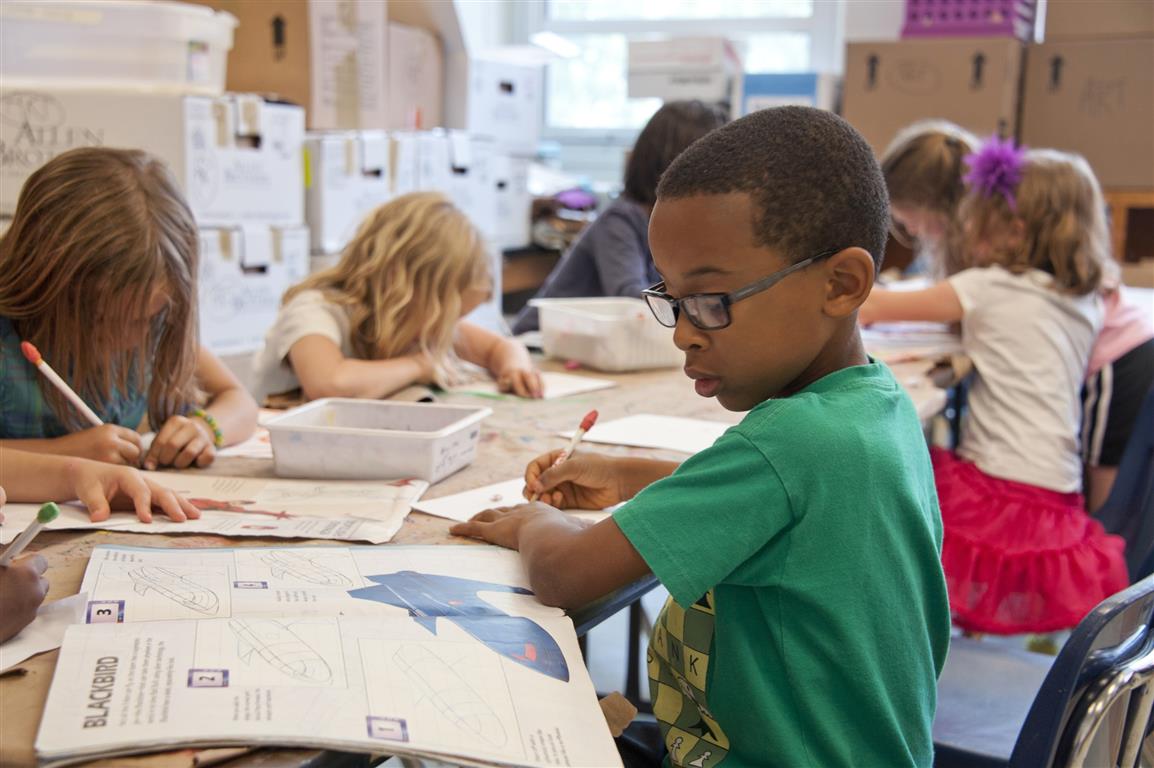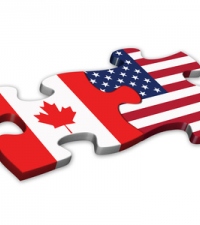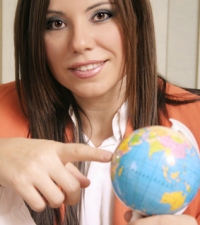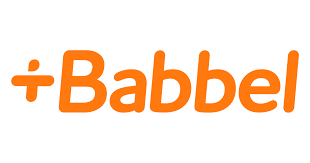5 Top International Education Systems For Expat Kids

Living abroad can be an incredible experience for kids. Immersed in another culture and surrounded by a second language, they'll build skills that will last them a lifetime. But for parents, the move can be scary - especially when it comes to your children's education.
Finding a good school in your area can be a challenge enough in your own country but when you're living abroad there are additional layers of cultural and bureaucratic complexity to strip away. Fortunately, some international schooling systems have exceptional teaching quality, meaning your children can thrive abroad, learning everything they could at home and more. Here are the 5 best education systems across the world.
Egalitarian education system
Check the International education rankings and you'll see Finland is consistently in the top 5. In fact, up until the early 2010s, Finland's education model typically topped the table and it was only after other countries began mimicking the Finnish model that they started catching up.
Finland has built a holistic system designed to foster children's learning in a number of ways. Meals at school are free, meaning Finnish children are well nourished and able to concentrate in classes, and learning materials are also provided free of charge. This is an egalitarian education system which teaches children not only the traditional arts and sciences, but also strong values such as inclusivity and citizenship.
There is plenty more English-language information available about Finland's education system. Check out these International schools to explore your child's opportunities in Finnish schools.
The Comprehensive Education System
Since gaining its independence from the United Kingdom, Hong Kong has revolutionized its education system, investing heavily in schooling and creating a comprehensive system which supports children's learning from the early years right through to graduation.
Hong Kong is also going out of its way to support international students. Newcomers are given the opportunity to attend a six-month initiation course, easing the transitionary period that expat students often suffer when entering a new culture and education system. This ensures your kids are properly integrated and can flourish in the Hong Kong education system.
For more information on enrolling your child in the Hong Kong schooling system, visit the International Schools database here.
High Achieving System
South Korea has been topping international education tables for a few years thanks to heavy investment in education from its government. With a literacy rate breaking 97%, this is one of the best-educated countries in the world.
For expats, there are high profile international schools in every major city, and always with an exceptionally high standard of teaching. One of the major factors that goes into making South Korea an international giant of education is the culture around work - like its Eastern neighbour Japan, a great deal of weight is placed on success in school, and as such hard work is ingrained into the national psyche.
For international students, however, this can be a shock to the system. If you place your child in the South Korean schooling system, it's important to be patient with them whilst they come to terms with these cultural challenges.
If you're thinking about South Korea as the perfect place for relocation, all the education opportunities for your child can be discovered here.
Highly Decentralized System
Switzerland is a nation of expats and thanks to thriving financial and pharmaceutical industries it attracts a wide range of international workers. Thus it comes as no surprise that its education system is well-designed to support expat children.
However, Switzerland's political makeup means its education system is highly decentralized. Each Swiss canton takes ultimate responsibility for its own schooling system. Even the primary language can vary between German, French and Italian, although International schools primarily work with English as a first language.
In Switzerland, you can find out more about placing your child in their schooling system here.
The International Umbrella Education System
The life of an expat can be exciting but also unpredictable. If your livelihood constantly has you on the move, then you may be concerned about your child changing curriculums. Luckily, the Agency for French Education Abroad (AKA, the AEFE) has 535 educational establishments worldwide on every continent. These establishments are known as Lycée's which can integrate pre-school, primary school and secondary school all into one establishment. Since they all provide the same curriculum which is regulated by France, this is the ideal solution for expatriates who want to minimize their learning disruption.
Despite the obvious advantages that the AEFE brings to student life, non-French students may still have to deal with some culture shocks. The French education system does not expect their students to have fun at school. Instead, they believe in pushing their boundaries. For example French school days can often last from 8:30am until 4:30pm. Sometimes they even push classes until 6:00pm for high school.
At the end of a student's school life, they will often find that French employers put a higher emphasis on hiring students who attended the most elite schools, rather than looking at their personalities or talents.
If you want to find more information on the AEFE, then you can find out all you need to know right here.
Conclusion
Finding a high-quality education system has to be one of your top priorities as an expat parent. From Hong Kong to Scandinavia, there are many world-class education systems within which to place your child - but sometimes the financial and bureaucratic implications can be a drawback. Armed with the information above, you'll be able to secure your child's future, wherever you are.
About the author
Lauren Groff is a digital nomad writer. She has lived in many countries across East Asia and is currently based in Seoul, South Korea. She loves experiencing the delights of other countries, especially food culture. You can read more of her work at Undergraduate writing service UK.
- My Life Abroad -
A selection of expat stories

"A fun compulsive read!"
J. Matcham, Amazon
"I strongly advise people ready to live abroad to read this book!"
Patrice, Amazon

 Same language, different ball-game
Same language, different ball-game Finding a job after earning your TEFL Certificate abroad
Finding a job after earning your TEFL Certificate abroad Guide to the Erasmus Programme
Guide to the Erasmus Programme Babbel
Babbel The Ultimate Guide: Buying Real Estate as an Expat
The Ultimate Guide: Buying Real Estate as an Expat  Basics to Real Estate Investing for the Long Term
Basics to Real Estate Investing for the Long Term